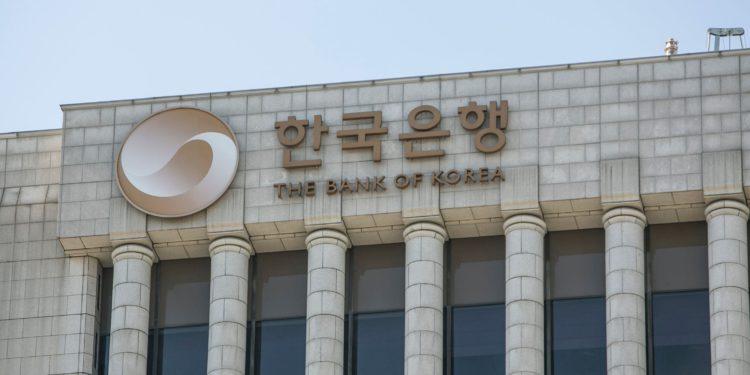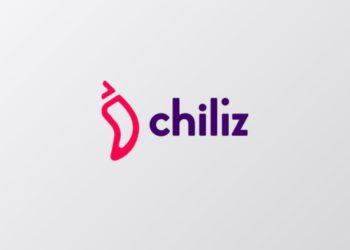The Bank of Korea (BOK), the central bank of South Korea has shared its stand on implementing similar regulations in the cryptocurrency market as those applied to traditional banks. In a recent report, the BOK expressed concerns that any potential financial turmoil resulting from cryptocurrency trading could have far-reaching consequences for the real economy. To mitigate these risks, the BOK encourages introducing a comparable level of regulation to safeguard the financial system’s stability.
As part of its efforts to oversee the evolving and often volatile cryptocurrency industry, South Korea is in the process of formulating regulations for digital assets, including cryptocurrency trading. These forthcoming regulations aim to establish a comprehensive framework for supervising this rapidly developing sector, addressing the need for effective oversight and risk management.
“If the usage of stablecoins widens, it will have an impact on the overall financial stability, including the current monetary and payment systems,” stressed the central bank. They further emphasized the importance of enhancing regulatory efficiency through the establishment of a close cooperation system for crypto monitoring, information collection, and supervision by financial authorities.
This call for regulation arises from concerns about the possibility of similar crypto crises like the Terra-Luna collapse and FTX bankruptcies happening again, leading to substantial losses for investors.
The Bank of Korea (BOK) has focused on the need for a comprehensive response system to address potential risks and spillover effects between cryptocurrency assets and the traditional financial system. In the assessment of the crypto asset market’s vulnerability and its implications during significant global events, the BOK highlighted that the market exhibited vulnerabilities similar to those observed in the traditional financial market.
The lack of regulatory guidelines has hindered investors from taking appropriate actions to address their losses. The BOK’s report also highlighted vulnerabilities in the domestic market, citing instances like the bankruptcy of a crypto lending platform and the depreciation of algorithmic stablecoins TerraUSD and Luna, along with the insolvency of Celsius, Three Arrows Capital (3AC), and FTX within the crypto industry.
In the report shared by BOK officials, it stated, “Authorities should force crypto business operators to submit their external audit documents, and they need to share the information.”
By enhancing regulatory efficiency and fostering information transparency, financial authorities can establish a robust system for monitoring, collecting data, and supervising the crypto industry. These measures aim to mitigate potential spillover risks and ensure the long-term stability of the financial ecosystem.







